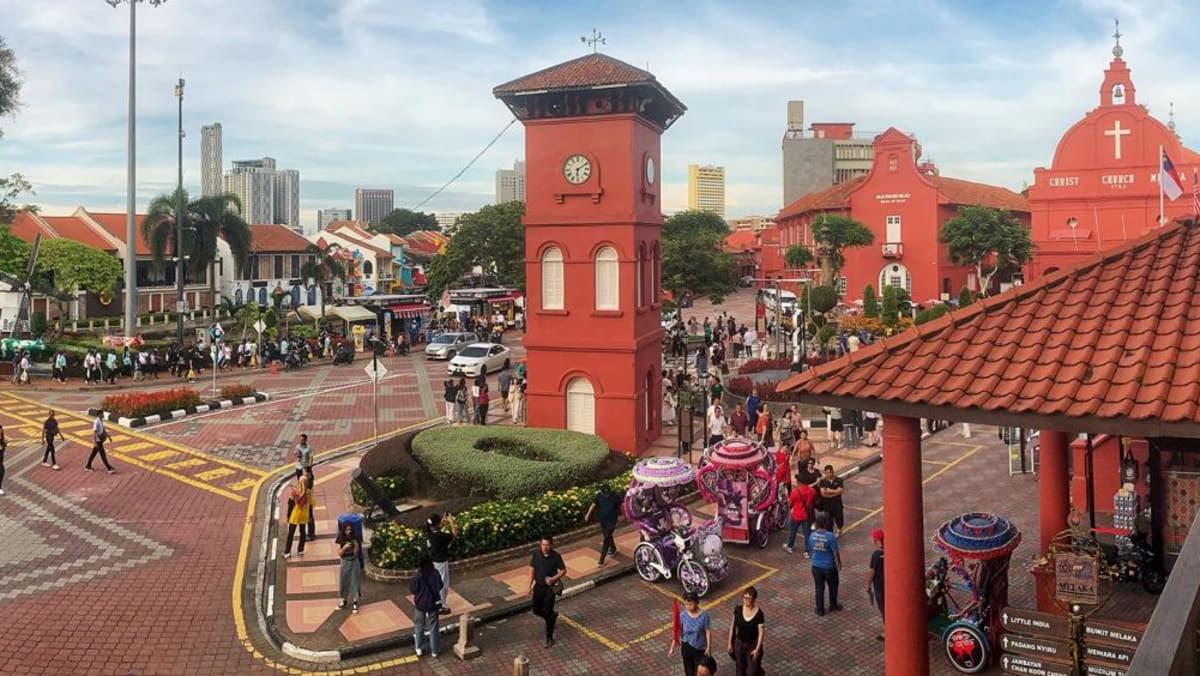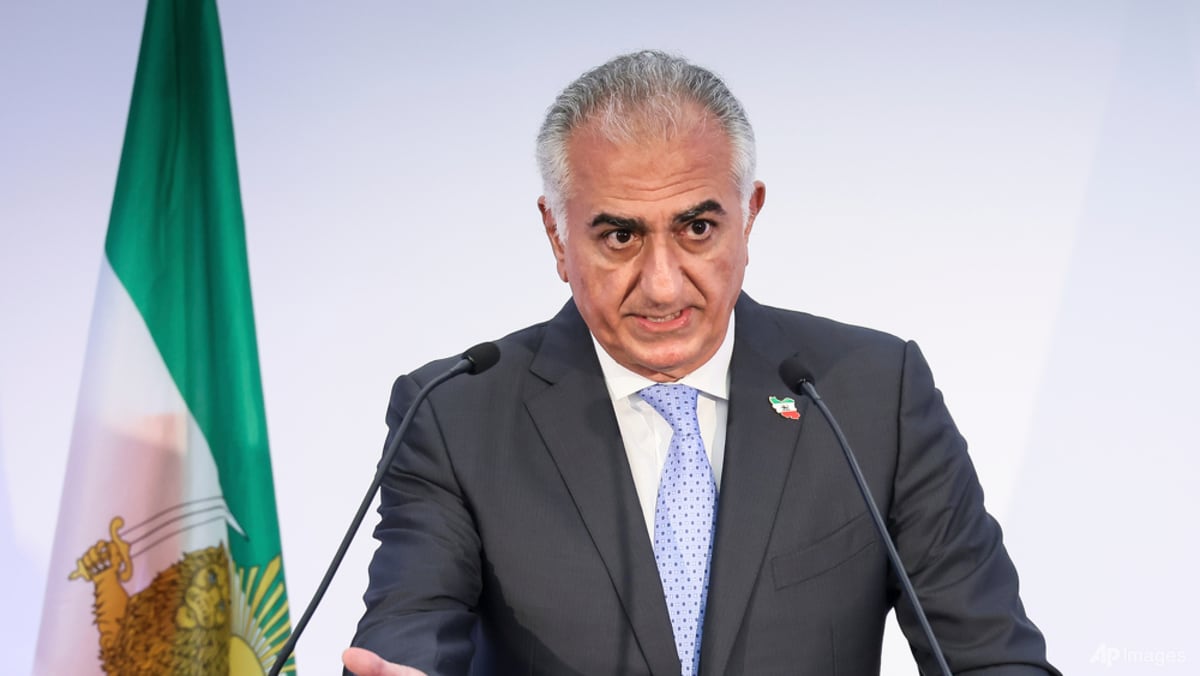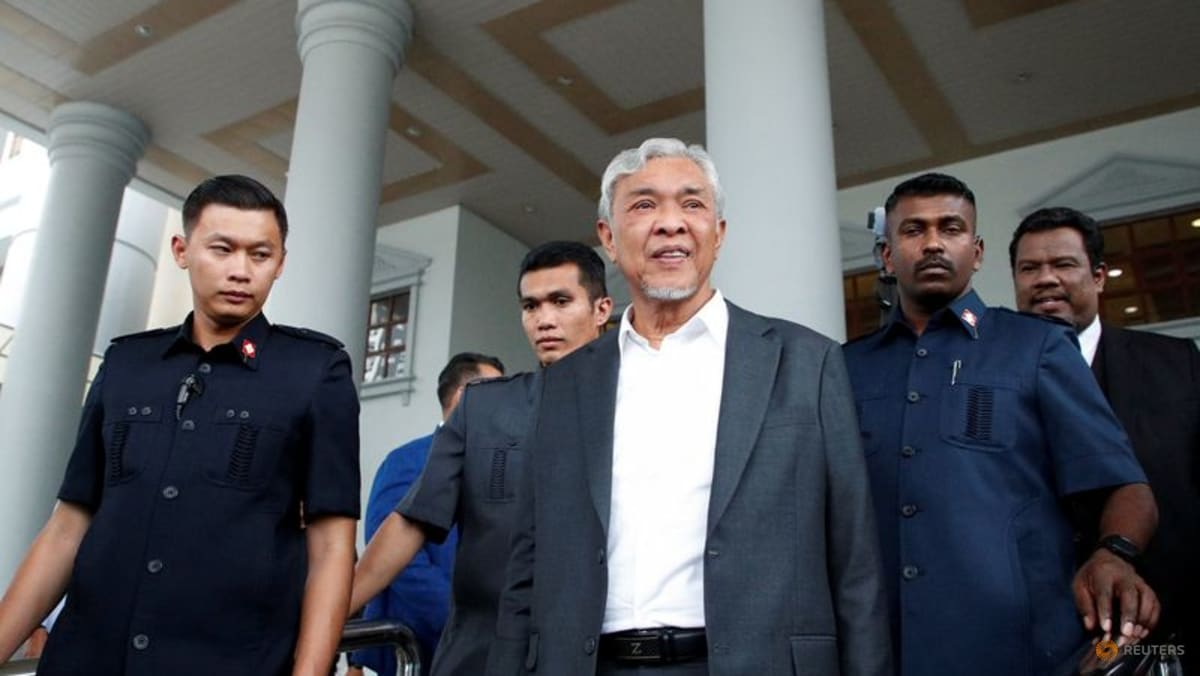Civil societies call out Malaysian government’s slow reforms on ‘draconian’ laws; fear cabinet change may stifle progress

Among those who have been charged under the Sedition Act include Kedah chief minister Muhammad Sanusi Mohd Nor as well as Parti Pribumi Bersatu Malaysia (Bersatu) information chief Razali Idris.
Sanusi was charged on Jul 18 with two counts of sedition for comments in a political speech earlier that month.
The first charge was in relation to him making seditious remarks against the Selangor ruler while the second charge was related to uttering seditious words regarding the establishment of the unity government.
Last month, Bersatu’s Razali was charged under the Sedition Act for claiming that the government controlled the judiciary as well as the Malaysian Anti-Corruption Commission (MACC).
And just last week, Malaysian police arrested a 36-year-old man after he expressed support for diplomatic relations with Israel in an interview with an Israeli social media influencer. According to local media, the man was investigated under the Sedition Act and the Communications and Multimedia Act.
As for the PPPA, it has been applied at least seven times this year with five bans enacted under the act – comprising four books and the banning of the Swatch Pride watch collection.
In May, a total of 172 watches, worth RM64,795 (US$13,900) were confiscated from several Swatch outlets all over the country for supposedly violating the PPPA, with Swatch contesting the ban in court.
And earlier in February, a woman was investigated under the same law for being in possession of 22,929 sex toys worth an estimated RM1.1 million during a raid at a warehouse in Penang.
According to various news reports, she was later fined RM5,000 after pleading guilty in court.
A report on civil and political rights by human rights organisation Suara Rakyat Malaysia (Suaram) on Dec 8 meanwhile said that there was significant regression when it came to freedom of expression.
It said that despite the government’s initiative to engage with stakeholders, the political will for substantive reforms to the Sedition Act and the Communications and Multimedia Act remained precarious.
“This is substantiated by the swift backpedalling to the narrative used by previous administrations of the adequacy of existing laws in tackling 3R (race, religion and royalty) matters, explicitly stated or implied,” said the report.
The report also said that lawmakers, including Mr Anwar, have continued to justify the continued application of the Sedition Act especially on the “basis of unavoidable necessity as to maintain national security and stability, and public order”.
The Suaram report also noted that Section 233 of the Communications and Multimedia Act continues to be widely used to address fake news and address any online discourse that is deemed offensive.
It said that a significant example was the arrest and four-day remand of two 18-year-olds earlier in February for criticising this year’s Sijil Pelajaran Malaysia (SPM) – Malaysia’s equivalent of the O-levels – History paper.
“The ambiguous Section 233 provided law enforcement unfettered discretion in interpreting and enforcing the provision,” said the report, which added that there may be an increase in use of the section of the law instead of the Sedition Act to investigate cases related to race, religion and royalty.
Source: CNA















